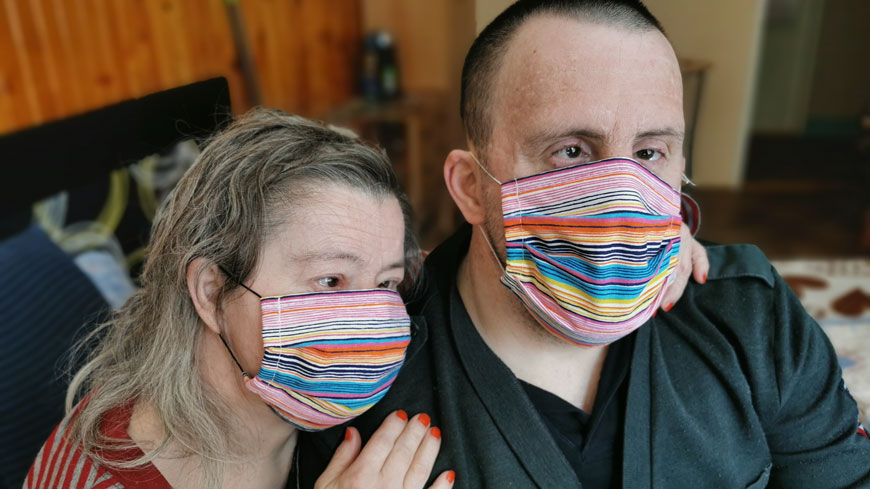Statement by the Commissioner for Human Rights
As governments in Europe react to the rapid spread of the coronavirus through wide-reaching measures, they must not forget that a large proportion of their population is living with disabilities. Persons with disabilities are not only often at increased risk of serious health complications, but they also have particular support needs in this challenging period. These needs must be factored in from the very outset when responding to the pandemic.
Although the ongoing crisis is unprecedented, respect for international human rights standards must be at the heart of state responses to it. In this connection, it is important to remember that Article 11 of the UN Convention on the Rights of Persons with Disabilities (CRPD), ratified by 46 of the 47 member states of the Council of Europe, provides that states shall take “all necessary measures to ensure the protection and safety of persons with disabilities in situations of risk, including situations of armed conflict, humanitarian emergencies and the occurrence of natural disasters”.
Most member states rightly imposed social distancing measures to reduce the spread of the virus, but they have not been systematically attentive to the specific circumstances and needs of persons with disabilities. As the UN Special Rapporteur on the rights of persons with disabilities pointed out, "containment measures, such as social distancing and self-isolation, may be impossible for those who rely on the support of others to eat, dress and bathe".
In this connection, I am deeply concerned by the growing risk of disruption to essential support services for persons with disabilities. Everywhere in Europe, providers of such support services and social workers are reporting serious problems jeopardising the continuity of these services, including staff shortages due to illness or confinement measures and a general lack of personal protective equipment, which puts them and service users at risk. States must take all necessary actions to address these problems, including if necessary by taking extraordinary measures such as relaxing recruitment procedures; prioritising core services; providing financial aid to persons with disabilities to make up for additional expenses caused by the situation; and integrating providers of support, including informal support, to persons with disabilities in public emergency planning concerning the provision of personal protective equipment and training.
When relevant measures are being designed, evaluated or refined, it is essential that states ensure that persons with disabilities, through their representative organisations, are also at the table, along with representatives of support providers.


